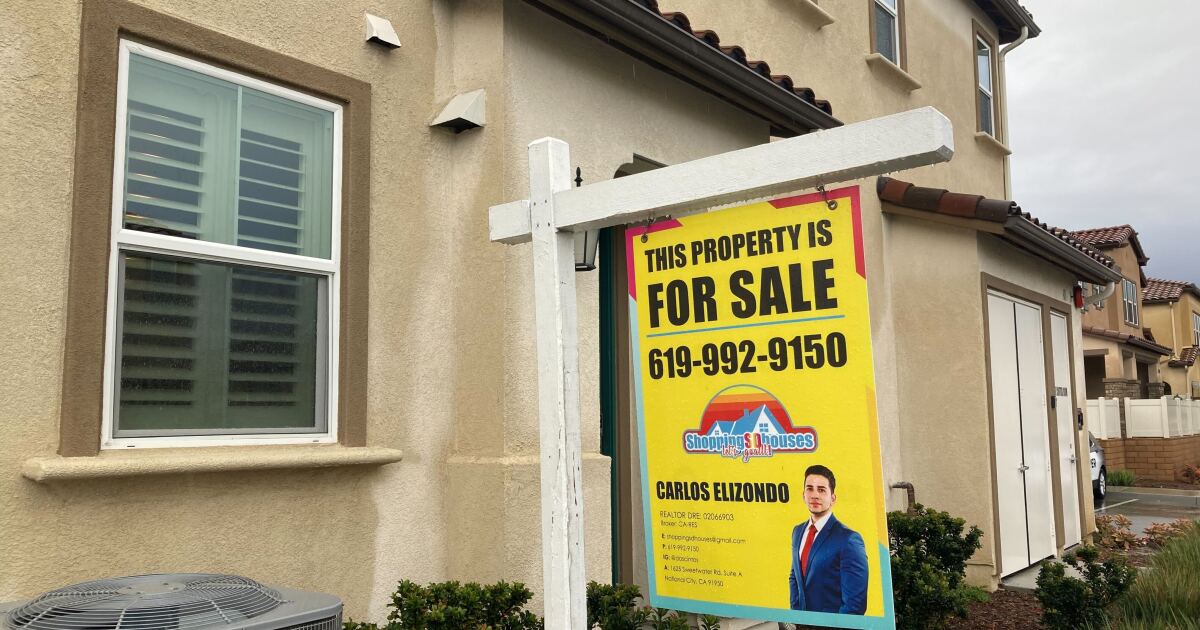

Late last week, the Supreme Court unanimously ruled that a decades-old Minnesota property tax law was unlawful when it allowed the government to seize wealth from an elderly Black homeowner. The decision in Tyler vs. Hennepin County serves as a warning about legal defects in other property tax laws that unfairly harm communities of color, including California’s own Proposition 13.
The Minnesota case began when Geraldine Tyler failed to pay the taxes on her longtime Minneapolis home. Over several years, the tax debt accumulated to $2,300, exploding to $15,000 when penalties and fines were added. The county seized her condominium and sold it, keeping the entire proceeds — $40,000 — not just the $15,000 she owed.
The Supreme Court proclaimed that this money grab was unjust and unconstitutional under the 5th Amendment’s takings clause. It rejected Hennepin County’s legal reliance on the 13th century Statute of Gloucester, a law that Justice Neil M. Gorsuch characterized during oral arguments as being “about lands owned by the feudal lord and what happens when a vassal fails to provide enough wheat to his lord.”
The court’s determination that what happened to Tyler didn’t meet constitutional standards echoes and revives a concern raised in the 1990s about Proposition 13.
California’s tax-assessment limits demand radically different property taxes from owners of similar properties, based only on their time of purchase. Thirty years ago, Stephanie Nordlinger balked at paying nearly five times in property taxes for her Los Angeles home as longer-settled neighbors. An unmoved Supreme Court majority held that the differential treatment had a rational basis, but Justice John Paul Stevens disagreed.
In his dissent, Stevens concluded that Proposition 13 created “a privilege of a medieval character: Two families with equal needs and equal resources are treated differently solely because of their different heritage.”
The Supreme Court’s blessing in Nordlinger vs. Hahn upheld Proposition 13’s legality and established its feudal — and unfair — nature.
Proposition 13 raises race discrimination concerns. Assessment caps benefit long-standing homeowners — who are often white — at the expense of their more diverse neighbors who arrive later. The effects of such property taxes on homeownership’s demography suggest violations of the 1968 federal Fair Housing Act. Recent estimates show that Proposition 13 gives the average homeowner in a white neighborhood of Oakland, for example, a tax break of nearly $10,000 each year — more than triple the break provided to average homeowners in Latino neighborhoods, and about double those in Black and Asian neighborhoods in Oakland.
Ironically, people just like Tyler were the original faces of the battle to enact Proposition 13 in California and similar measures around the country. Activists in the 1970s and 1980s invoked stories of elderly widows losing their homes to convince voters that property taxes should be based on a home’s purchase price and allowed to rise just 2% a year from there, regardless of market value.
But such assessment limits have not lived up to their promise to protect homeowners. Michigan also limits the amount that an owner’s assessment can rise. Yet as real estate values declined in Detroit, those limits did not ensure that assessments fell to match, leaving low-income Black homeowners with inflated, unaffordable taxes. Like Tyler in Minnesota, many residents were forced out of their homes through tax foreclosures.
In California, Proposition 13’s overbroad system protects the propertied at a high cost to more diverse, first-time buyers. People may stay put to hold on to a tax advantage, limiting inventory and driving up home costs. Parents can also pass low tax assessments on to their children, exacerbating the problem.
The California Housing Finance Agency notes that “for the entire 2010s, California’s Black homeownership rate has been lower than it was in the 1960s, when it was completely legal to discriminate against Black homebuyers.”
While Proposition 13’s precise inequitable effects are complicated, more inclusive and less legally tenuous alternatives exist.
There are other tax reforms that could protect low-income and elderly homeowners without hamstringing cities’ tax bases and enriching wealthy owners.
Philadelphia allows low-income senior citizens to freeze their property taxes, and low-income families to spread rapid assessment increases over several years. In Massachusetts and some Connecticut towns, low-income homeowners can defer part of their property tax bill, which is paid off upon the home’s sale. California has its own property tax postponement program, which it should expand, instead of relying on Proposition 13.
The Supreme Court’s rejection of Minnesota’s greediness reminds us that the courts are watching as states tighten the vise of property tax systems on the poor and racially diverse. To be sure, Proposition 13 does not result in unconstitutional “takings.” But the concerns that motivated the court in Tyler vs. Hennepin County also apply here. And given the court’s willingness to reverse long-held constitutional precedent, perhaps the Nordlinger decision itself will be due for reconsideration.
California’s admirable protection of struggling, older homeowners can occur through less discriminatory and irrational means. Tax injustice shows up not only in the foreclosure of an elderly Black woman’s $40,000 Midwest condominium but also in the inability of diverse, immigrant families to purchase a $400,000 condominium in Mid-City.
Shayak Sarkar is a professor of law and an economist at UC Davis. Josh Rosenthal is legal director of the Public Rights Project, a civil rights and economic rights nonprofit.
